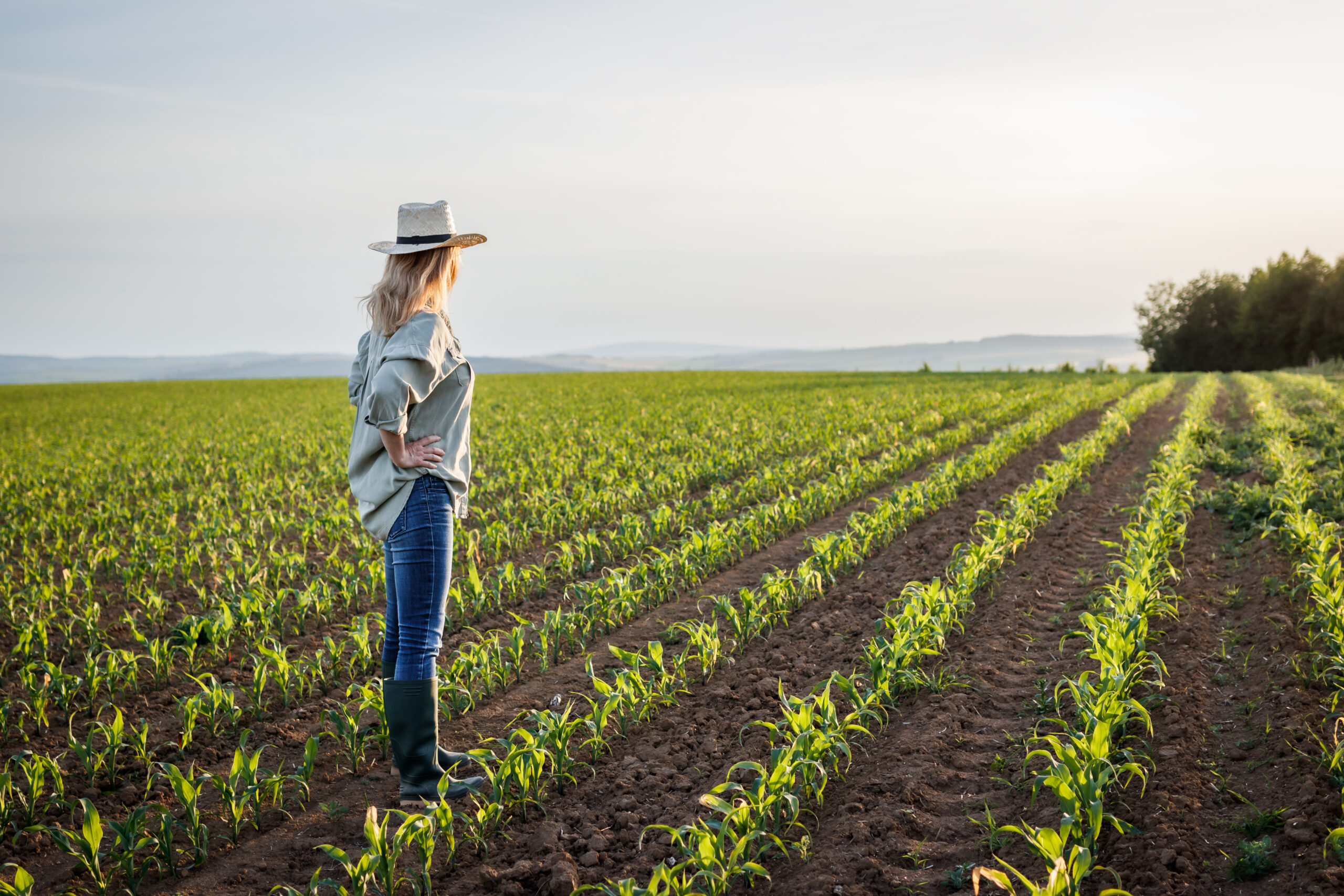Farmer tennis is an intriguing blend of sports and agriculture, capturing the essence of rural life while promoting fitness and community engagement. Originating in farming communities, this unique sport combines elements of traditional tennis with a playful twist, encouraging farmers and their families to participate in a fun and competitive environment. As urbanization continues to influence lifestyle choices, farmer tennis serves as a reminder of the importance of physical activity and the bonds formed through shared experiences in rural settings.
In a world where technology and digital entertainment often overshadow outdoor activities, farmer tennis emerges as a refreshing alternative. This sport not only provides a way for farmers to unwind after a long day in the fields but also fosters camaraderie among participants. By participating in farmer tennis, players embrace a healthier lifestyle while also celebrating their agricultural roots.
As we delve into the captivating realm of farmer tennis, we will explore its origins, rules, benefits, and the communities that have embraced this sport. From understanding how it differs from traditional tennis to examining its impact on rural life, this article aims to provide a comprehensive overview of farmer tennis.
What Are the Origins of Farmer Tennis?
The origins of farmer tennis can be traced back to agricultural communities where the need for social interaction and physical activity was paramount. With limited access to traditional sporting facilities, farmers began to create their own versions of tennis using makeshift courts and improvised equipment. Over time, these gatherings transformed into organized events, blending the spirit of competition with the joys of rural life.
How is Farmer Tennis Played?
Farmer tennis is typically played on smaller courts compared to traditional tennis. The rules are often flexible, depending on the skill level of the participants and the available space. Unlike conventional tennis, which adheres to strict regulations, farmer tennis encourages creativity and fun. Players may use different types of equipment, such as modified rackets and softer balls, making the game accessible to all ages and skill levels.
What Equipment is Needed for Farmer Tennis?
- Modified rackets (often made from repurposed materials)
- Soft, lightweight balls
- Basic net (can be improvised with farm materials)
- Comfortable footwear for outdoor play
- Casual sportswear suitable for physical activity
What Are the Benefits of Playing Farmer Tennis?
Playing farmer tennis offers a myriad of benefits for participants. Firstly, it serves as a form of exercise, promoting physical fitness and overall well-being. Engaging in regular physical activity is crucial for farmers, who often work long hours in challenging conditions. By incorporating a fun sport into their routine, they can reduce stress and improve their mental health.
Additionally, farmer tennis strengthens community ties. As players gather to compete and socialize, they create lasting friendships and support networks. This camaraderie is essential in rural areas, where social interactions may be limited. Furthermore, farmer tennis events often bring families together, fostering a sense of unity and shared experience.
Who Can Participate in Farmer Tennis?
Farmer tennis is designed to be inclusive and welcoming. People of all ages and skill levels can participate, making it a family-friendly sport. Whether you are a seasoned athlete or a complete novice, there is a place for everyone in the farmer tennis community. This accessibility ensures that even those who may not traditionally engage in sports can join in the fun.
Can Farmer Tennis Help Promote Agricultural Awareness?
Yes, farmer tennis can be an effective tool for promoting agricultural awareness. By organizing events that showcase the sport, communities can raise awareness about the importance of farming and sustainable practices. These gatherings often serve as a platform for discussions on agricultural issues, encouraging participants to share their experiences and knowledge.
Personal Details and Biography of a Farmer Tennis Player
| Name | Age | Location | Years of Experience |
|---|---|---|---|
| John Doe | 35 | Springfield | 5 |
What Challenges Do Farmer Tennis Players Face?
Despite its many benefits, farmer tennis players may encounter challenges. Weather conditions can significantly impact play, as rain or extreme heat may lead to cancellations. Additionally, finding suitable locations for matches can be difficult, particularly in areas with limited recreational facilities. Finally, players may struggle to balance their farming responsibilities with their desire to participate in the sport.
How Can Communities Support Farmer Tennis?
Communities can play a vital role in supporting farmer tennis by organizing events, providing equipment, and promoting awareness. Local governments and organizations can facilitate the creation of farmer tennis courts, ensuring that players have access to safe and enjoyable playing environments. Additionally, sponsorships and partnerships with agricultural businesses can help provide resources and support for organizing tournaments and leagues.
Conclusion: Embracing the Spirit of Farmer Tennis
Farmer tennis is more than just a sport; it is a celebration of rural life, community, and the importance of staying active. By bringing people together, fostering friendships, and promoting agricultural awareness, farmer tennis has become a cherished pastime in many farming communities. As we continue to explore new ways to engage with the outdoors and connect with our roots, farmer tennis stands out as a unique and fulfilling experience that deserves recognition.




